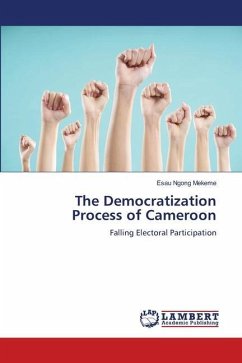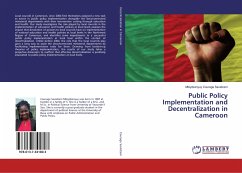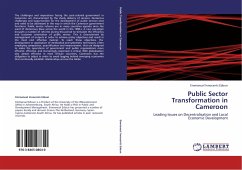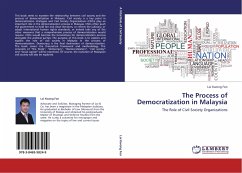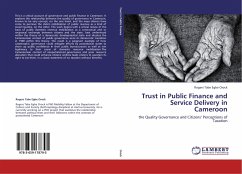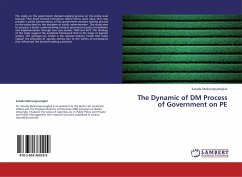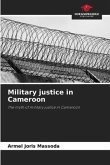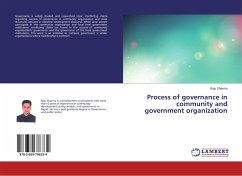Democracy was reintroduced in Cameroon in 1990 due to internal and external pressure on the governments of Africa. Though the colonial powers left the continent in a pluralistic state, the new leaders struggled and successfully concentrated powers in their hands rendering the people powerless while they became infallible and unaccountable to their people. The development strategies implemented by western governments were considered unsuccessful due to what is called, inefficiency of the monolithic era. Hence they imposed democracy on Africa as attested by the speech of the then British Foreign Secretary, Douglas Hurd who said, "Those countries tending towards pluralism, public accountability, respect for human rights, and market principles, should be encouraged. But governments which persist with repressive policies... should not expect us to support their folly with the scarce resources which could be better used elsewhere. Presidential elections experienced high participation and low abstention rates in the first multiparty elections in Cameroon in 1992. Later, participation started falling and abstention rising due to reasons that were invested and documented in this book.
Bitte wählen Sie Ihr Anliegen aus.
Rechnungen
Retourenschein anfordern
Bestellstatus
Storno

